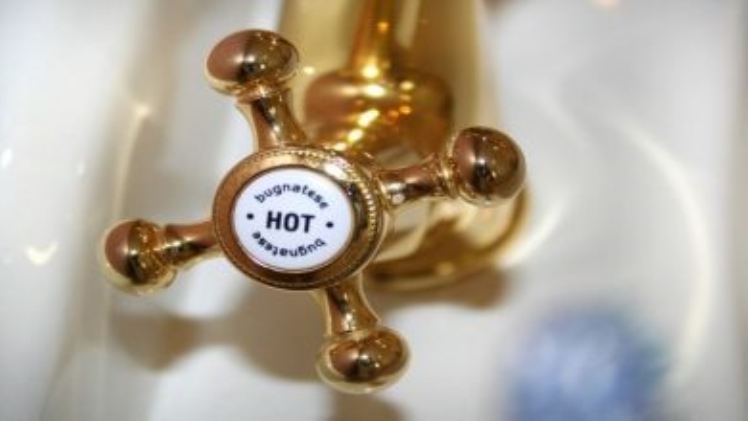There’s something quite irritating about turning on the hot water tap in your home only to find nothing but cold water streaming out. With the importance homeowners place on their hot water, it’s often surprising to see that the maintenance of their heating systems has been neglected.
Any certified plumber will tell you that part of your home’s domestic plumbing maintenance regime includes routine water heating checkups. In addition to keeping your water at the right temperature, regular maintenance also improves the unit’s longevity.
Pointers to Keep Your Hot Water System Maintained
On average, gas water heaters can last anywhere between 7 and 12 years if correctly maintained. Electric water heaters on the other hand, usually last 10 to 15 years with the same dedication to maintenance. The key to ensuring the longevity of your water heater lies in the quality of the maintenance. Read on for a few tips to add to your maintenance routine.
Perform Regular Inspections
The most effective way to keep your maintenance schedule up to date is to set aside a specific date in the month to do routine plumbing checks. Keep a list of items you need to check to ensure that your systems are all in working order.
When you’re checking the hot water system, be sure to check the entire sock. Check for cracks, regular wear and tear as well as any leakage. It’s more likely easier to fix a small problem before it becomes a bigger problem. A simple check will take you about 10 minutes and can save you a ton of money if a problem is detected early enough.
Install Insulation Around the Heater
Some experts also recommend investing in insulation to cover the hot and cold water pipes. Keeping the pipes covered ensures there’s no sweating during the summer months. This in turn reduces condensation.
Switch the Tank Off For Extended Away Periods
Planning a holiday or a weekend getaway? Our experts recommend switching your hot water system off if you’re going to be away from home for an extended period. This tip will have three benefits:
- A switched-off system will stop heating water and in turn extends the unit’s life
- Switching the system off will save you money on your gas or electricity bill as the unit isn’t continuously running
- If the system is switched off, it’s also a lot easier to prevent flooding or leaking if a crack suddenly bursts open while you’re on holiday
Inspect the Relief Valve
The relief valve on a water tank is designed to regularly relieve excess pressure. This is another essential aspect of regular maintenance and can easily be done every 6 months.
Ensure the Correct Temperature is Set
Some tasks like setting the water heater’s temperature only need to be done once and at the same time are quite easy to perform. Ensuring the temperature is set correctly will ensure there’s no scalding or water wastage.
Lowering the temperature a few degrees on an electric water heater will also show a reduction in the energy bill. To reduce the temperature, simply use these easy-to-follow steps:
- Use the relevant screwdriver to unscrew the temperature dial cover – this is usually located on the side of the tank.
- With your flathead screwdriver, change the temperature to 60 degrees.
- Lowering your temperature by a mere 10 degrees could easily show an incredible saving of 5%
Consider Installing a Water Softener
Some residential areas have water that contains high mineral concentrations. In these instances, it’s best to consider installing a water softener. Generally, water featuring a high mineral concentration is referred to as hard water which can easily shorten the lifespan of your water heater.
Damage to the water heater occurs when the minerals accumulate and cause the system to wear down over time. If you’re not sure if the water in your area is classed as hard water, speak to your local plumber. They’ll advise you of a testing procedure to determine if a water softener is really necessary.
Be Cautious Around the System
If your hot water system is placed in an area next to your home, it’s important to use caution when working around it to do garden work. Simple chores like mowing the grass in the area can cause stones to fly up and cause cracks or even dents.
It’s a good idea to clean any vegetation away from the area. This way it will be easier to maintain the area around the heater and easy for plumbers to reach when necessary. On average, many experts recommend a clearance area of at least 12”.
Final Thought
Plumbing systems can be expensive if they need to be routinely repaired or replaced. In light of this, it makes economic sense to take a few minutes every few months to check the functionality of your heating system.
Speak to your domestic plumber to perform annual checks as well. Being more vigilant about the condition of your plumbing systems will ensure that the equipment reaches its maximum lifespan and saves you money in the long run!

